From Midwest to Rolls-Royce, Nick Burger’s journey in LGBTQ+ leadership
In partnership with myGwork
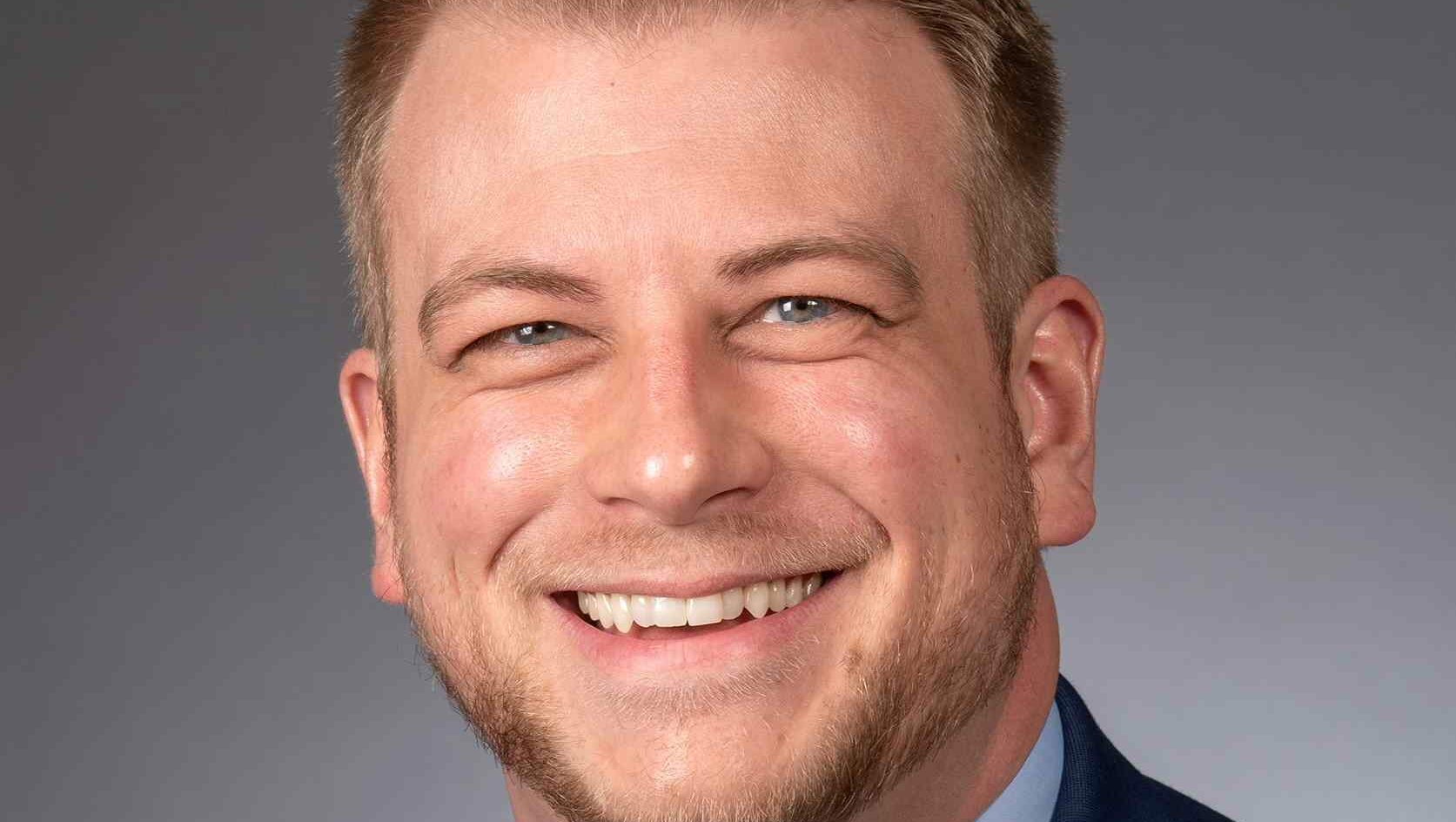
“I hope that enough leaders have seen the value in creating diverse and inclusive workforces to continue the momentum.”
Nick Burger, quality system manager at Rolls-Royce Corporation, spoke to myGwork about his experience growing up as a gay man in the Midwest, and how that informed his passion for inclusivity and value for authentic leadership.
Could you tell us a bit about your background and career journey leading up to your current position at Rolls-Royce?
I was born west of Indianapolis where I grew up with a love of science and technology. After earning a mechanical engineering degree from Rose-Hulman Institute of Technology, I went on to work for Lockheed Martin across both their Orlando and Denver facilities, with increasing responsibility from production quality engineer to strategic quality leader.
After my dad passed away in 2022, I decided to move home to Indianapolis. I’ve known about Rolls-Royce gas turbine engine manufacturing here in Indianapolis my whole life, and it was the first place I looked for a job. I started as a supplier quality manager, and I am currently responsible for our FAA compliance. As I was researching jobs here, I was happy to see that Rolls-Royce scored high on the HRC Corporate Equality Index.
Can you tell us about your childhood – where did you grow up; did you have any hobbies?
I was a quiet kid. Built Legos and model airplanes, played trumpet, was a “mathlete” in Quiz Bowl and Spell Bowl, and earned an Eagle Scout rank in Boy Scouts. Generally, I kept to myself and stuck with my core group of friends.
Can you share your personal journey with the LGBTQ+ community?
I think my experience as a gay man in the Midwest was pretty common. I stayed closeted through high school, then found a community of support in college and came out to my family and friends at 19. Coming out to my family was a bit of a rocky road but ultimately everyone came around.
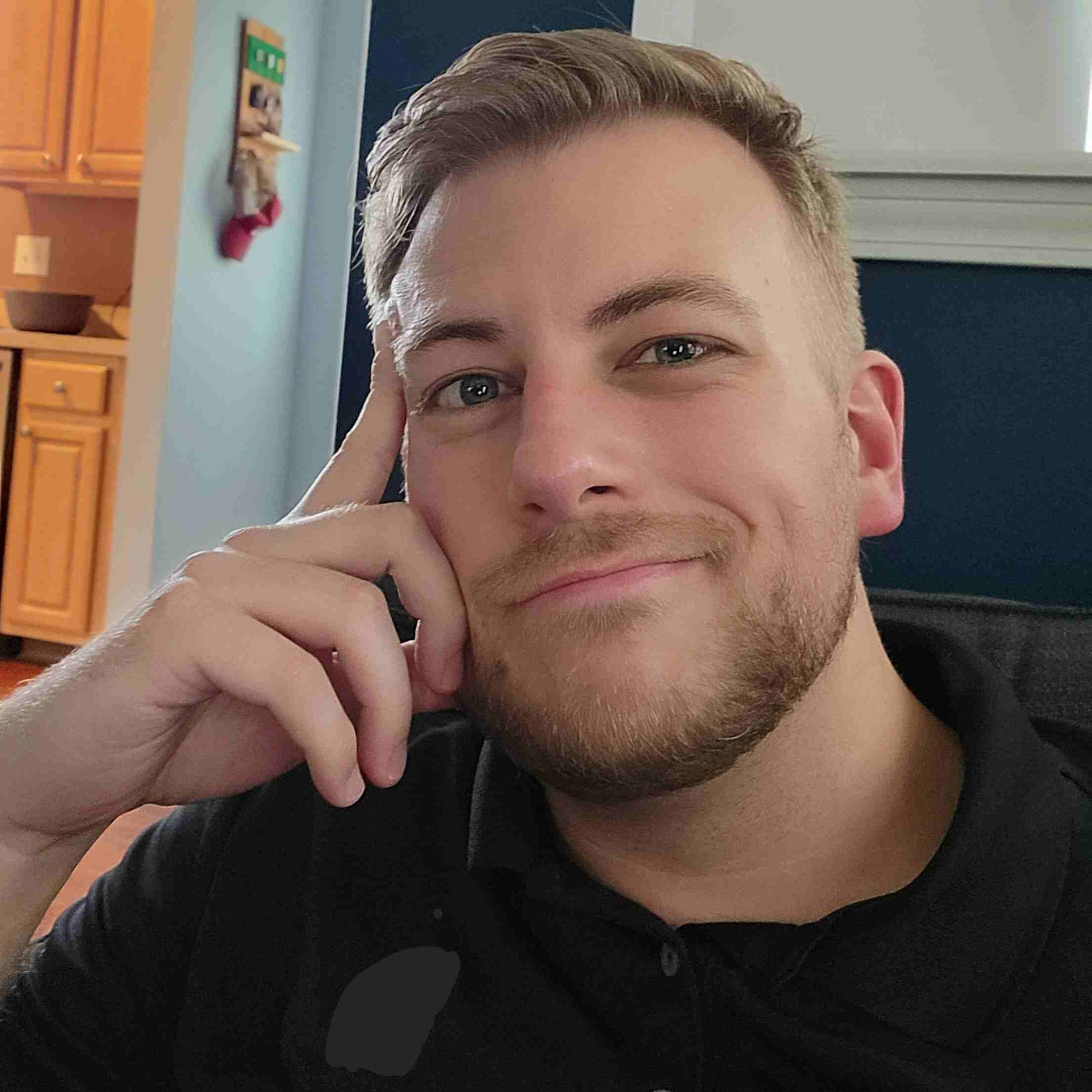
Since then, living in Orlando was great fun with that community, though we suffered the tragedy of the Pulse shooting. When I moved to Denver, I was inspired by the half a million people that attend the parade and festival every year. And upon moving back to Indianapolis, I found a more supportive city than the one I had left 11 years before. Seeing pride flags at all, let alone all over the city, made me feel a lot more comfortable about being openly gay in the Midwest.
How does Rolls-Royce strive for inclusivity and provide an open space for LGBTQ+ employees?
At Rolls-Royce, we take a holistic approach towards hardwiring diversity, inclusion, and belonging (DI&B) right into the fabric of our organisation. We strive for an environment where every voice is valued, and we understand that this work is a constant reach towards excellence. Rolls-Royce is currently focused on promoting an open and psychologically safe environment, increasing diverse representation in leadership and critical roles, strengthening leadership’s capability and engagement around DI&B, and ensuring equitable opportunities through fairness and transparency.
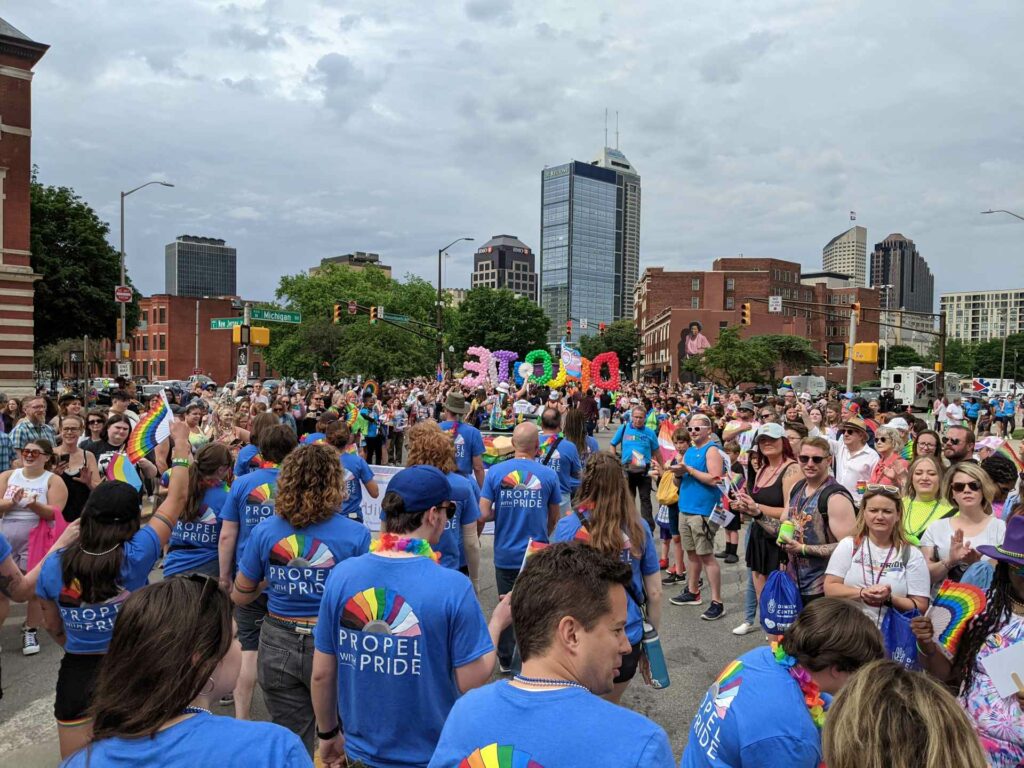
Rolls-Royce specifically hosts several Inclusion Networks aligned across diversity elements. Propel with Pride, Rolls-Royce North America’s LGBTQ+ inclusion network, holds internal learning and social events throughout the year, as well as participating in the Indianapolis Pride Parade annually. We’ve partnered with other major corporations and nonprofits in the area to build community, raise funds, and promote causes that our allies might not otherwise hear about.
Could you share any valuable lessons or insights you’ve gained throughout your career that have shaped your approach to leadership and teamwork?
People want to be heard. Not just listened to, but actually considered and to influence the final decision. With how easy it is to change roles and jobs, treating employees just as cogs in the machine and not actual people is self-defeating as a leader.
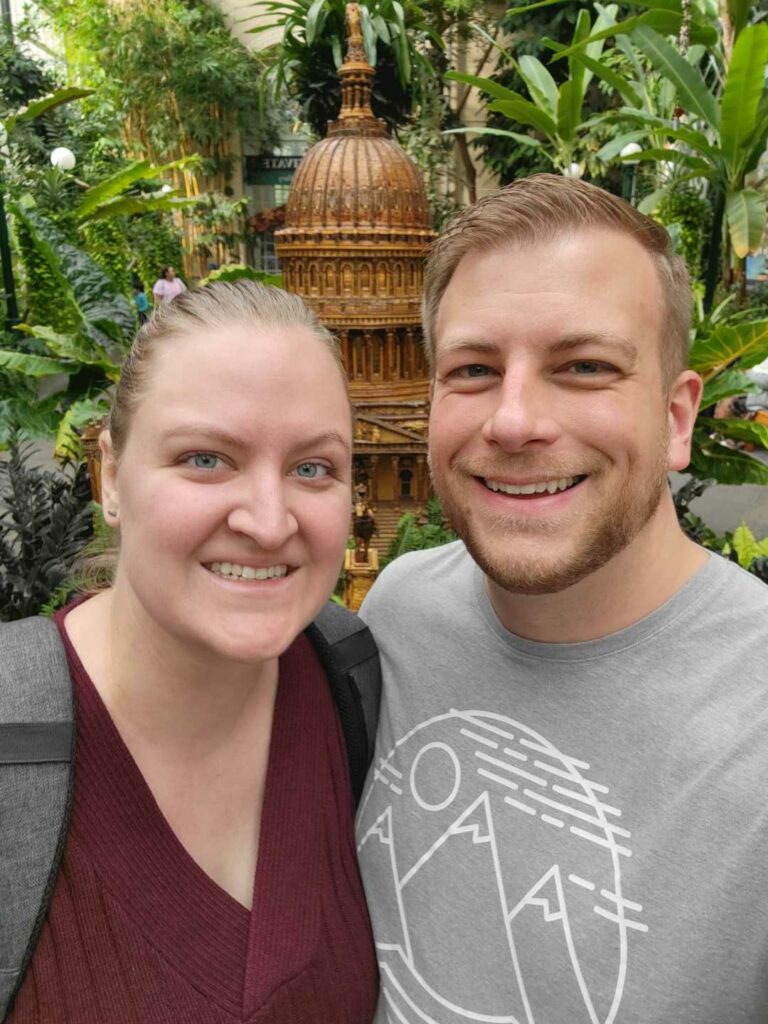
Personally, I have a lot of faith in my own logic, so I would just make decisions myself, even though they impacted the team. I noticed that this often caught people off guard and caused emotion. I started consulting my team on decisions that affected them, and I explained my logic and took their feedback. Ultimately, it resulted in a more cohesive team where our processes and rhythms matched their needs, not just my perceptions.
Throughout your career, have you noticed any developments in attitudes towards the importance of diversity and inclusion?
LGBTQ+ equality and D&I initiatives overall made great strides in the workplace through the 2000s. It felt like major corporations employing millions of people started to understand the importance of a diverse workforce that felt like they belonged at work.
Unfortunately, it feels like we’re in the “one step back” phase of this progress. There are recent stories about major corporations rolling back some of their D&I initiatives or investors seeing it as less of a priority than it previously had been.
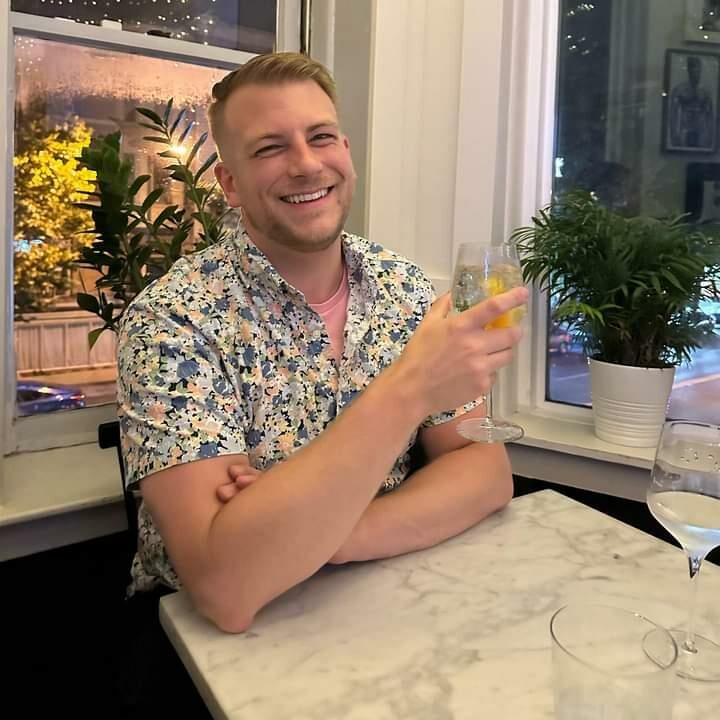
I hope that, even against such headwinds, enough leaders have seen the value in creating diverse and inclusive workforces to continue the momentum towards equality both in and out of the workplace.
What immediate improvements would you like to see being made for LGBTQ+ equality in the future – both in the workplace, and wider society?
Though we’ve experienced growing LGBTQ+ acceptance in general, we’re still missing visible and open LGBTQ+ leaders in both business and government. I’d like to see continued improvement at those high levels to create safe spaces for figures of authority to come out, or for those already out to be promoted into those roles
Rolls Royce is a proud partner of myGwork, the LGBTQ+ business community. Find out more about job opportunities at Rolls Royce.
